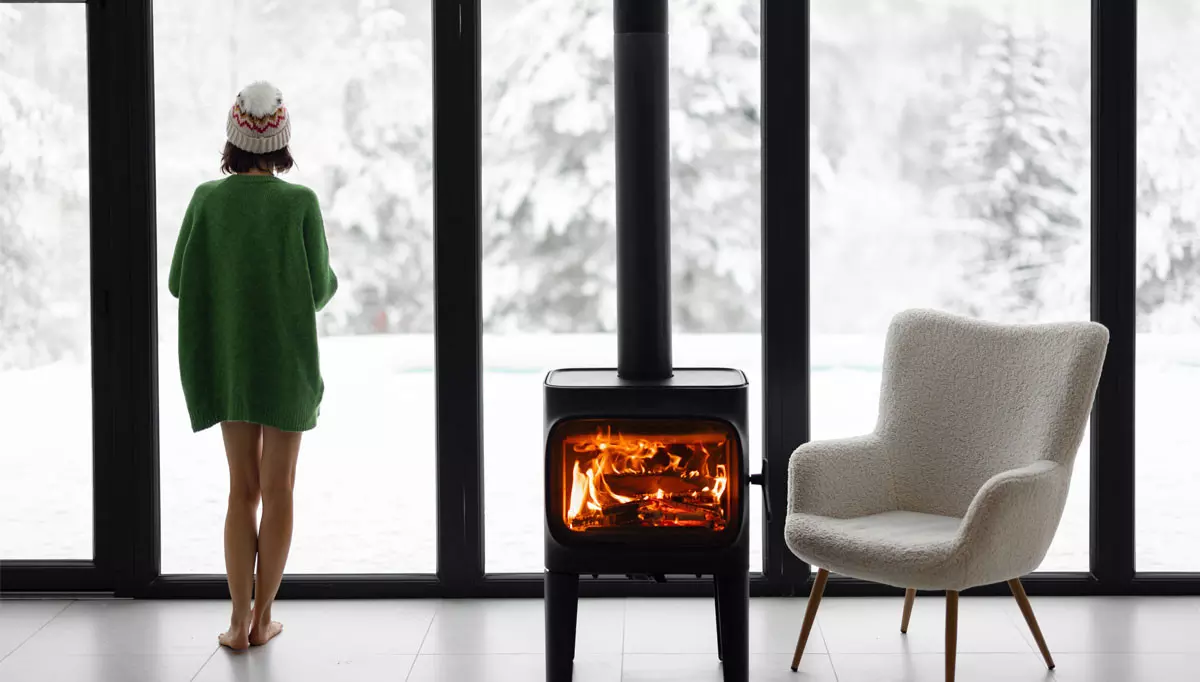Warm home in winter
Thermal insulation with thermal protection films
Thermal insulation is an essential part of the energy saving strategy in households and buildings. By insulating thermal bridges and reducing heat loss, you can save not only energy, but also costs. In this article, we will take a closer look at thermal protection and see how you can effectively implement it in your home.
2. what is thermal protection?
Thermal protection is the technical measure that prevents heat from escaping from a room or environment. This can be achieved by various means such as insulation materials, thermal insulation composite systems (ETICS), window seals or even thermal protection films. The right combination of these methods can lead to a significant reduction in energy costs. We will be happy to advise you in the areas of thermal protection and solar protection by filming your windows.
3. how does thermal protection work?
Thermal protection works by keeping heat energy in a room. This is done by insulating the walls, ceilings and floor surfaces. This prevents heat from escaping to the outside. At the same time, it also prevents moisture condensation, which can lead to mold growth.
4. what are the advantages of thermal insulation?
The advantages of thermal insulation are many. Firstly, you can save energy by insulating the rooms. This is because the smaller the temperature differences between inside and outside, the less energy has to be used to keep the room warm. On the other hand, good insulation can also prevent moisture condensation and thus prevent mold growth. Furthermore, good sound insulation is another advantage of thermal insulation measures. By reducing the noise from the outside, you can feel more comfortable in the rooms and relax better.
5. How can I use thermal insulation in my home?
There are several ways to implement thermal protection in one's home. First, one should thoroughly check all windows and doors and plug any gaps with sealing measures. Radiators should also be cleaned and vented regularly so that they can reach their full capacity. Furthermore, it is advisable not to set the indoor temperature too high and to turn it off when necessary to avoid unnecessary energy costs. Independent experts also advise that electrical appliances should only be switched on when they are really needed. This is because standby devices also consume unnecessary electricity and should therefore be avoided as far as possible.
6. tips for selecting heat protection films
When choosing suitable heat protection films, one should pay attention to the following points in particular: The film should be heat resistant and provide high temperature reduction. Furthermore, it is important that the film is breathable, so that there is no condensation under the film. The price of the film should also not be disregarded - here, however, it is often worth investing in somewhat more expensive films, as they are usually of higher quality and more durable than cheap alternatives. Drauf & Dran takes care of the procurement and application of the films. We will advise you which film is the most suitable for you.
7. conclusion:
The use of various thermal insulation measures in the home or building can help save energy and reduce costs. It is advisable to rely on quality rather than quantity in the selection of insulation materials such as thermal films and solar films to save money in the long term and to avoid possible damage to parts of the building.
